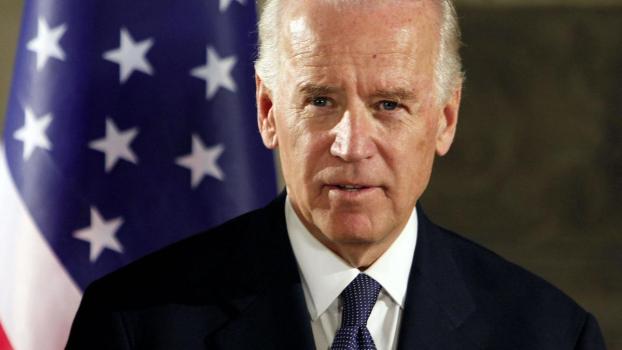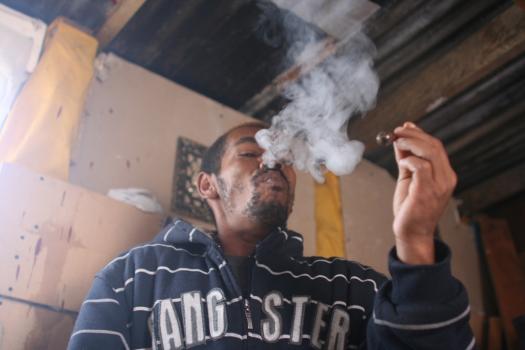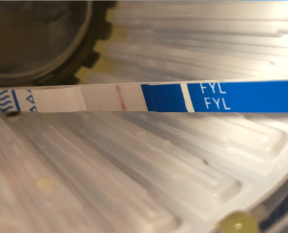
Joe Biden is still president, and today, he issued a national security memorandum on fentanyl. (whitehouse.gov)
NYC Illicit Pot Shop Crackdown Having Effect, MA Senate Approves Safe Injection Sites, More... (7/31/24)
President Biden issues a national security memorandum on fentanyl, the Philippine House of Representatives approves a medical marijuana bill, and more.




